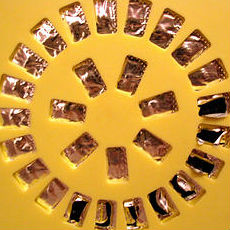According to Jonathan Eig, there are four people primarily responsible for the birth control pill: incendiary feminist Margaret Sanger, iconoclast medical researcher Gregory "Goody" Pincus, devoted philanthropist Katherine McCormick, and Catholic OB/GYN John Rock. Eig weaves their stories together in The Birth of the Pill. Pincus runs his medical institute on a wing and a prayer, unattached to any university or corporation, which was difficult in the middle of the last century, and would probably be impossible today. Sanger gives him the impetus, and pushes for money, while McCormick, motivated by her tragic marriage, gives Pincus the financial backing he needs to complete and test the Pill. Finally, Rock is the doctor who gives the Pill its final push with his bonafides as a doctor and Roman Catholic, dying believing that the Church will soon come around to his way of thinking. I found this book as suspenseful as most novels, though everyone knows the outcome. Eig places the race for the Pill firmly in its historical and social context, including feminism, eugenics, and the conservatism of the postwar period. Also, the author explains the novelty (at the time) of a drug that was not treating an illness. Not lost on the Eig or the reader are the wide-ranging implications of empowering women to control their own fertility. Definitely an entertaining and informative read.
While not quite as revolutionary as the Pill, Viagra has had a definite impact on the lives of men. Meika Loe takes a look at this (and the effect of Viagra on women) in The Rise of Viagra. Loe takes something of a sociological approach, intertwining her interviews with those who use who use Viagra and their partners with descriptions of the workings of the pharmaceutical industry. The author believes that Viagra is an example if the quick-fix prescription culture, divorcing impotence from its psychological and social context and medicalizing it as "erectile dysfunction." In so doing, the pharmaceutical companies and their advertising agencies have vastly changed men's expectations about sex. Loe also looks into the so-far frustrated efforts of a "female Viagra" and why that hasn't panned out. Loe does not hide her bias, but she writes with wit and copious notation.




Add a comment to: His and Hers